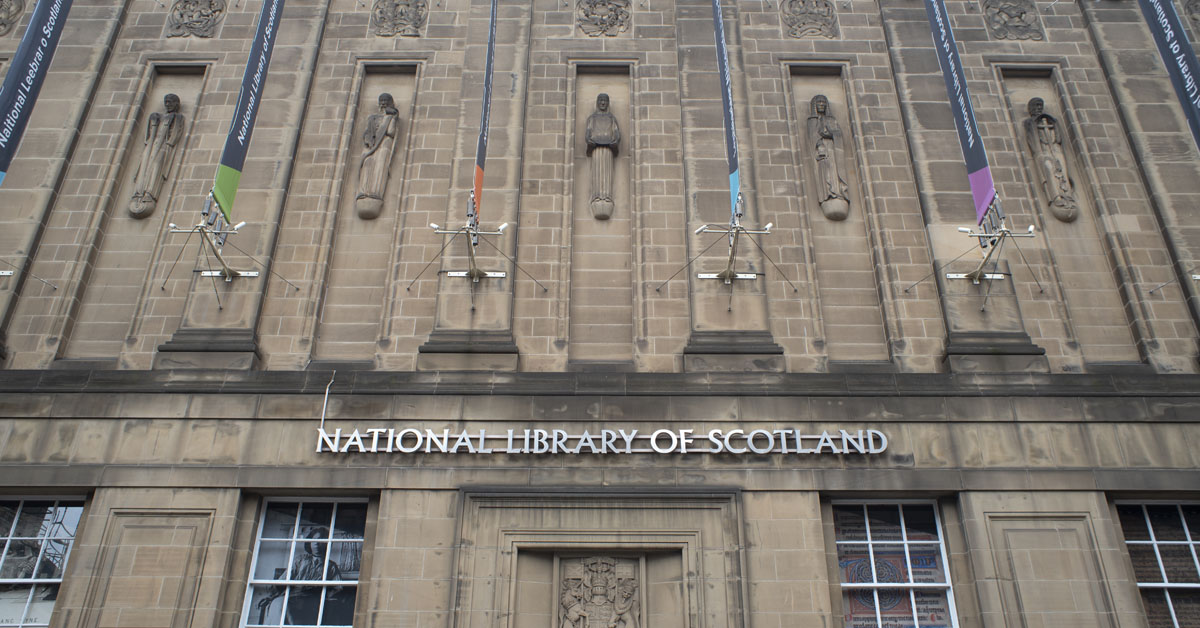
by Kate Ashley
We book lovers and researchers sometimes worry about the piles of books building up in our homes. Is it possible to curb our passion and stop acquiring new ones? It may seem a pressing problem, but it pales into insignificance when compared to the collections that Amina Shah oversees as National Librarian of Scotland. Shah contends with the 7,000 items that Scotland’s legal deposit library receives every week. Where to put them? How to preserve them? How to make them accessible? These are some of the questions that arose when I interviewed Shah about the role of libraries, and in particular the National Library, in Scotland’s cultural landscape.
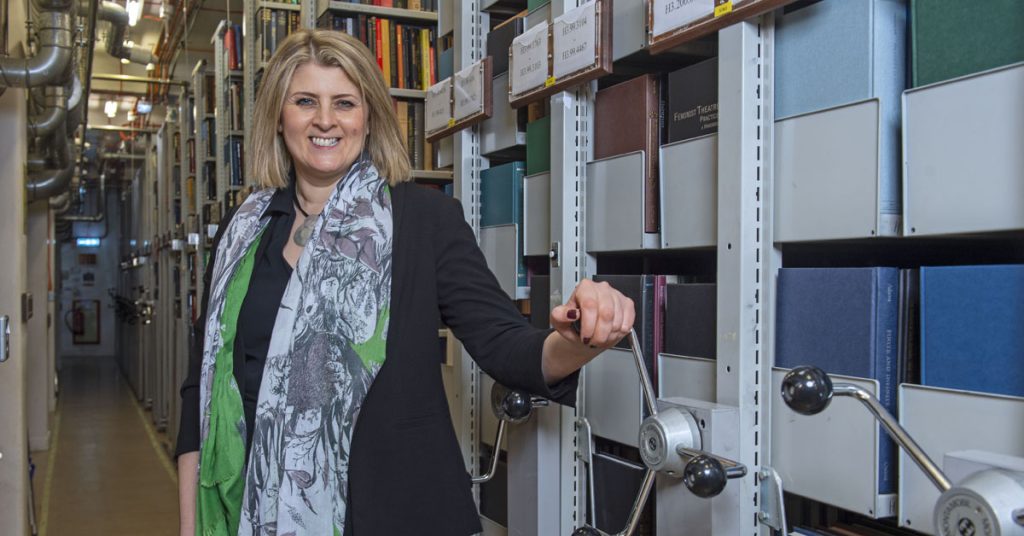
Shah is uniquely placed to help guide the National Library through a changing information environment. Before taking on the role of National Librarian, she gained years of experience in public and academic libraries, and also worked for the Scottish Book Trust and the Scottish Library Information Council. She brings this broad knowledge of the library sector to bear when representing Scotland externally and when making decisions about how to position the Library’s work within Scotland.
Shah spoke powerfully about the role of the National Librarian as an advocate for both the Library and Scottish culture, and the importance of making the case for support for libraries. This was a lightbulb moment for me insofar as it brought things back to the origins of the National Library of Scotland in the Advocates Library. Researchers and scholars might assume that the case for libraries doesn’t need to be made, but in a world where opinions are being touted as facts, and expertise and knowledge are at risk of being devalued, it has never been more important to articulate why libraries matter in the intellectual and cultural life of a nation.
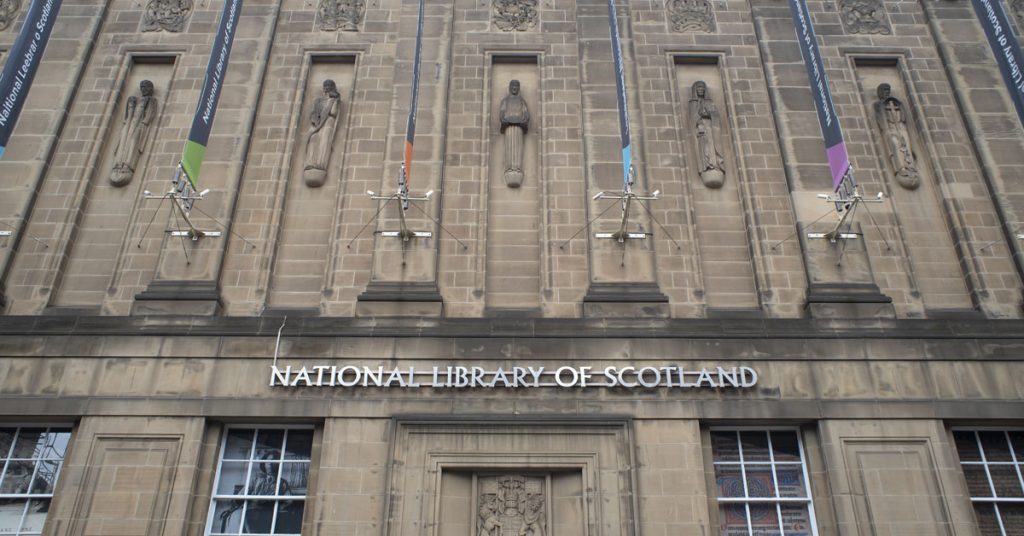
National Libraries allow us to explore the past, but what came across in the interview was that the National Librarian needs to be equally focused on the future. While the National Library of Scotland is trying to reach a broader audience through online exhibitions, community outreach and discussions about the gaps in its collections, the audience of the future needs to be considered as well, both in terms of who is able to use the Library, how technology might impact that, and what these people might be looking for in the collection.
Climate change, disinformation, war and geopolitics all factor into the decisions that are being made today about what readers in the future will be able to access about Scotland’s past. In this respect, one of the most exciting aspects of the interview was the chance to gain insight into what happens behind the scenes at the library, from the creation of climate-change preservation boxes to interlibrary collaboration in response to war in Europe and to the challenge of preserving social media.
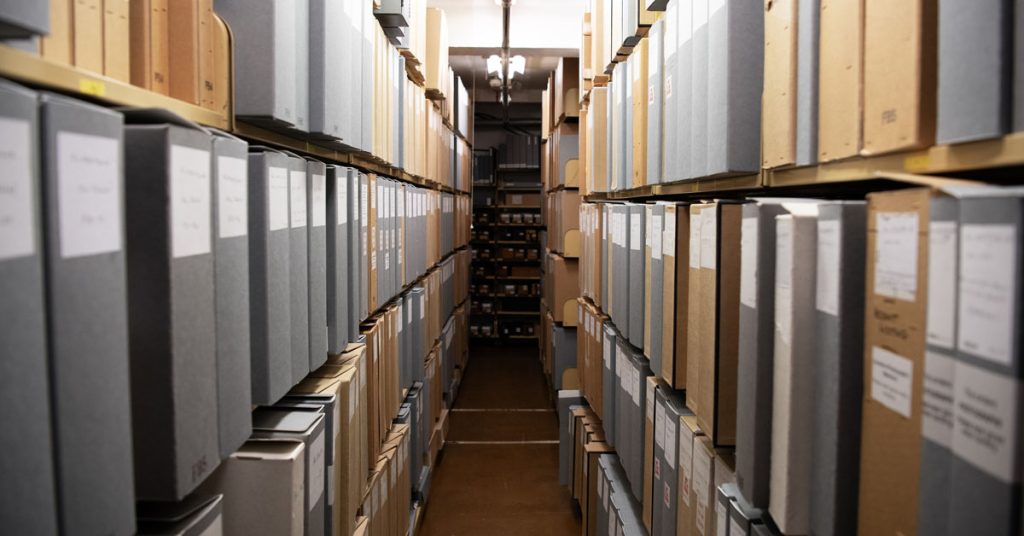
The thing that I was most interested to learn in the interview is that there are thirteen floors of stacks beneath George IV Bridge in Edinburgh. As a metaphor for the importance of knowledge and education in Scotland, I can think of no more compelling image than that of a capital city built on a foundation of books.
Images courtesy of the National Library of Scotland.
Read the full interview in the International Review of Scottish Studies.
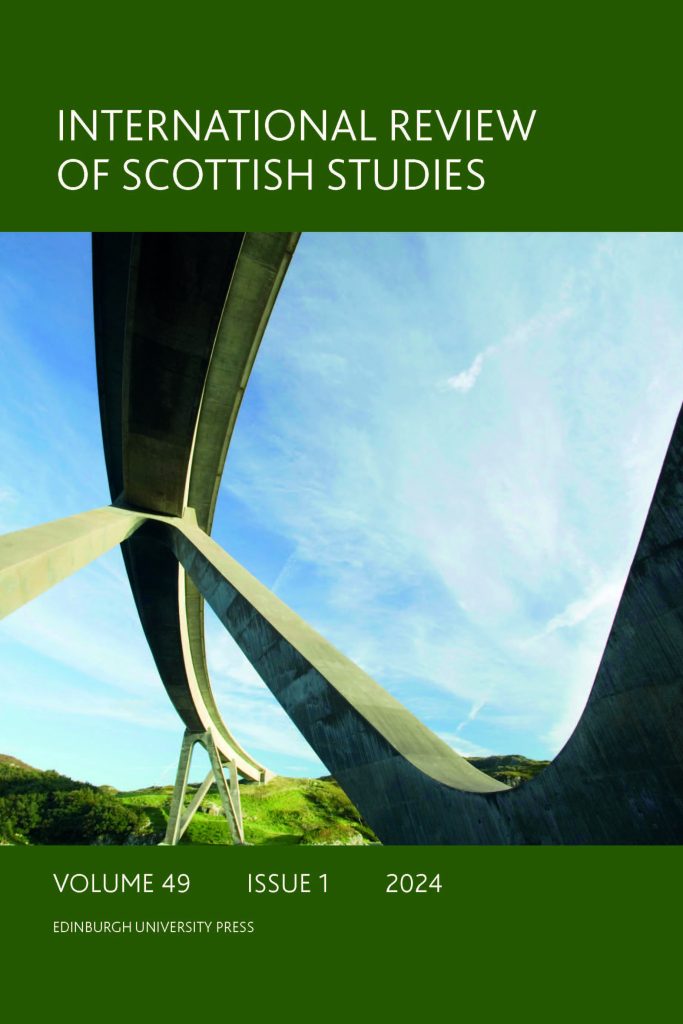
About the Journal
The International Review of Scottish Studies (IRSS) is the leading interdisciplinary journal for international scholarship on Scottish history and culture, with a mission to create a space for scholars of all career levels exploring Scotland’s past and present.
Sign up for TOC alerts, subscribe to IRSS, recommend to your library, and learn how to submit an article.
About the Author
Kate Ashley is interim Vice-President Academic at Acadia University in Nova Scotia, Canada, where she is an Associate Professor of French. Her most recent book is Robert Louis Stevenson and Nineteenth-Century French Literature: Literary Relations at the Fin de Siècle (EUP, 2022).
Explore related articles on the EUP Blog
Making Fields: Women in Publishing
Making the News – A History of Scottish Newspapers
EUP 75: Our Literature Publishing at Edinburgh University Press
EUP 75: Our Publishing in Scottish Studies


